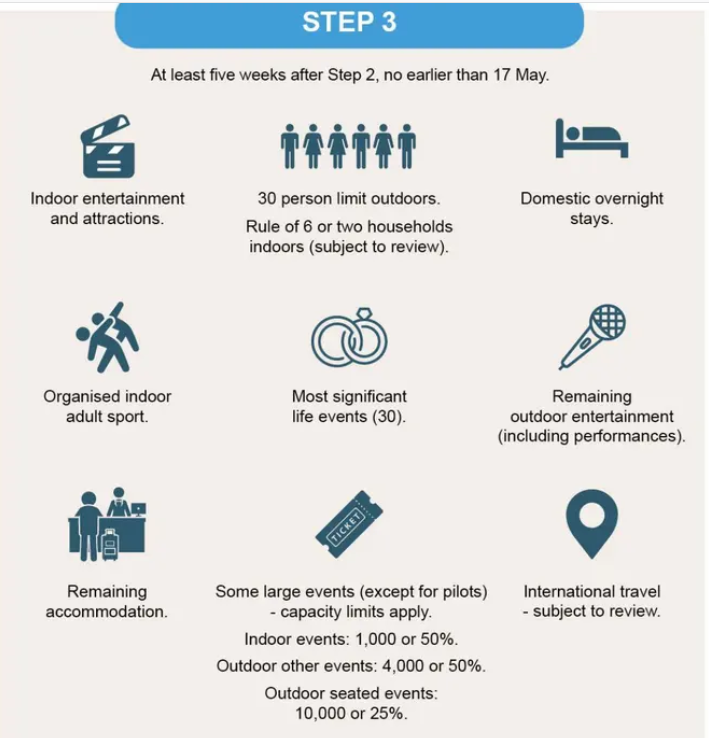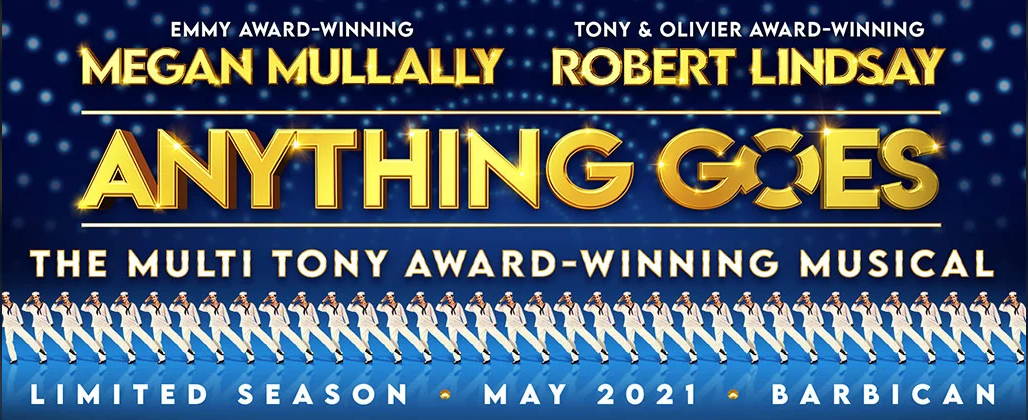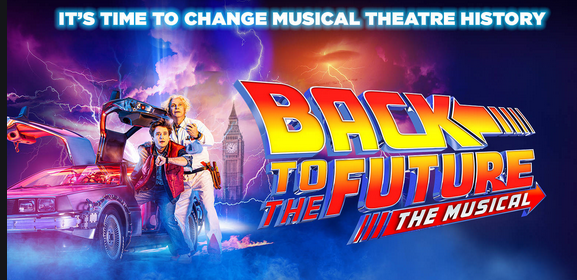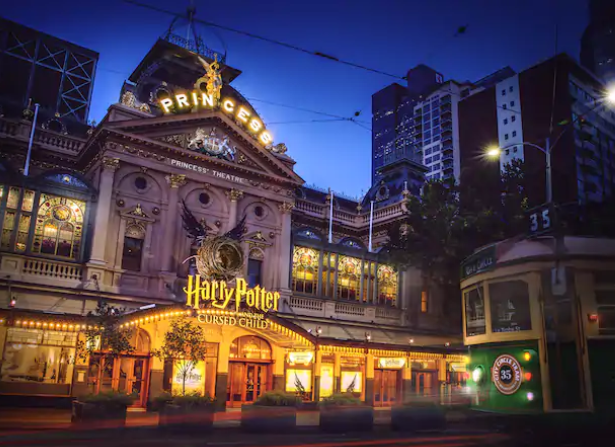So Boris Johnson announced an inevitably limited route out of England’s lockdown yesterday, and it not provide much cheer to the beleaguered theatre sector, who have regularly stressed the need to be able to fill more seats than the socially distanced regulations previously imposed allowed, in order to be economically viable.


Running at 50%, with a maximum cap of 1,000, as the original rules implemented under Tier 2 last November allowed, was not really tenable, but some theatres bit the bullet anyway and re-opened under those terms, just as a way of getting the show(s) on the road again, only to have those efforts cost them dearly when days after opening they all had to summarily shut again. Now they’re being invited to open, possibly, but not certainly, no earlier than May 17 on the same terms.
The last time this happened, the Palladium’s panto managed just six performances; a West End run for a new two-hander play The Comeback didn’t make it out of previews to its official press night, but producer Sonia Friedman hurriedly invited critics in ahead of that lockdown so at least she now has the reviews ready to aid her promotion of it if and when she brings it back.


But now, with new shows like a revival of Anything Goes at the Barbican and West End premieres for Andrew Lloyd Webber’s Cinderella and Back to the Future lined up for spring openings, the question will be whether they can afford to go ahead with those restrictions in audience numbers still in place.
If not, they will have to wait till at least five weeks after step 3 – i.e. no earlier than June 21 — for when larger events may be allowed (but these will be subject to review). That’s not an awful lot of certainty for theatres to base their planning on.

Compare and contrast the situation with Australia, where theatres have re-opened — and are operating at 75-85% of capacity, without social distancing. Michael Cassel, the Australian producer of both Harry Potter and the Cursed Child (pictured above) and Hamilton, told Peter Marks in The Washington Post how this has been achieved:
“From September, the venues have led the preparation and worked with epidemiologists and health departments both in New South Wales and Victoria to create the plans to make them safe. And what that comes down to is sort of the two bubbles, which we’re now dealing with. One is the bubble of the company and keeping anybody who’s onstage and backstage essentially isolated. And then the other is the bubble of the audience.”
Another part has been instilling consumer confidence, and that’s because they’ve got a working Track and Trace system in place (obviously they didn’t put a hopeless government stooge like Dido Harding in charge).
As Marks reports,
“Phone apps containing personal QR codes — those square bar codes that can be read by identification devices — have become a regular part of Australians’ lives. When they enter public buildings, the QR code readers record their entry for possible tracing later. ‘That’s really the heart of covid management here in Australia, that ability to be able to quickly contact-trace and lock everybody down,’ Cassel said.”
And once customers get to the theatre, Cassell explains,
“The focus is all on ingress and egress of patrons. The biggest challenge is not when they are in the theatre; there’s a confidence that when people are in the theatre, they’re wearing masks, they’re facing forward.” And he also tells Marks: “Obviously, from a commercial perspective, we will all want the ability to be playing to 100 percent. But the fact that we could be playing at all and bringing people in and getting people onstage, you know, that’s been the absolute focus for now.”
It’s a lesson that Thomas Schumacher, president of the Disney Theatrical Group, hopes that Broadway can learn from. He travelled over to supervise the December opening of the company’s stage version of Frozen in Melbourne — which meant having to undergo a mandatory 14-day quarantine on arrival — and Marks reports,
“What the Australian experience means for Broadway and the rest of North America, Schumacher said, is that a concerted effort by health and industry officials can overcome the obstacles to reopening. “There are things that can mitigate Mihcand make this possible,” he said. “It just takes everyone working together.”
The first large-scale production back was a Sydney recreation of the 2013 Broadway revival of Pippin in December; a production of Come from Away that had already run for nine months when it premiered at Melbbourne’s Comedy Theatre in July 2019, was shut down by Covid in March 2020, but in December it became the first of the international productions of the show to return to the stage.
As its Australian producer Rodney Rigby commented in a press release,
“As the world collectively faces one of the greatest challenges in modern times, Come From Away reminds us that compassion is at the core of our humanity”. Also according to the release, the Australian production will create 447 jobs, and is expected to attract over 90,000 visitors to the theatre.
In a recent interview in The Stage, Howard Panter and Rosemary Squire spoke about their new company Trafalgar Entertainment’s take-over of the lease of the newly refurbished Theatre Royal in Sydney, which they plan to open in September. Squire points out,
“I think, to a degree, Australia and New Zealand have benefited from their isolation – it’s much easier to enforce lockdowns and quarantinesThey’ve been incredibly strict, which has meant they’ve been able to recover more quickly and life is more normal there now.”
And Panter is quoted backing her up:
“There’s a feeling in Australia that they are more ready to close things down. A district of Sydney was pretty much barricaded when cases were found there. Over the centuries, Australia has always been very strict about who and what goes in and out. If you have a fruitcake in your suitcase, it’s confiscated…. People are saying: ‘This is a place where work can happen’. I know a number of freelancers who are delighted about the possibility of being able to work within the next three months, which is not very easy to guarantee elsewhere at the moment.”
And Theo Bosanquet, who wrote the interview, comments, “Australia and New Zealand are now top of the list of alternative locations for theatre producers currently locked out of Broadway and the West End.”
But Australia and New Zealand have earned that place by being utterly rigorous — you could say ruthless — in their lockdowns and universal quarantines for all arriving visitors or returning nationals, wherever they’ve come from. Britain, by contrast, has only recently implemented quarantine rules for arrivals from a limited, designated list of countries only. So I’m not sure its realistic of us to expect that we could follow their example now in re-opening our theatres safely in the same way.
